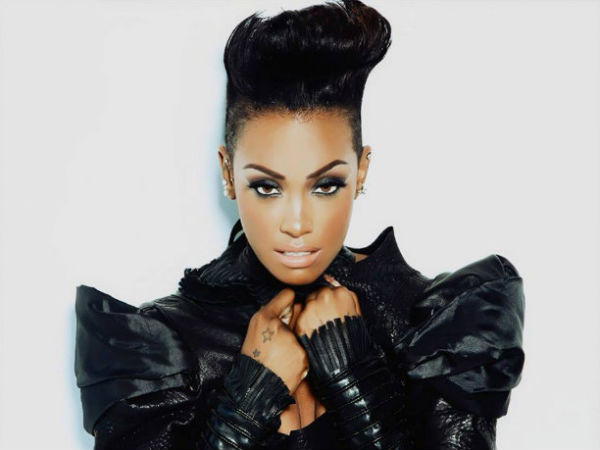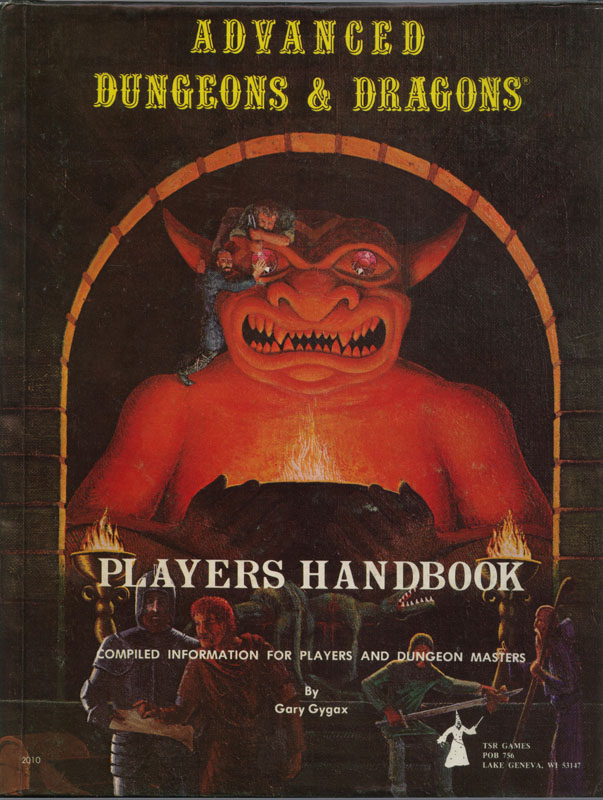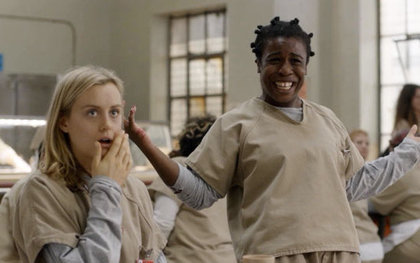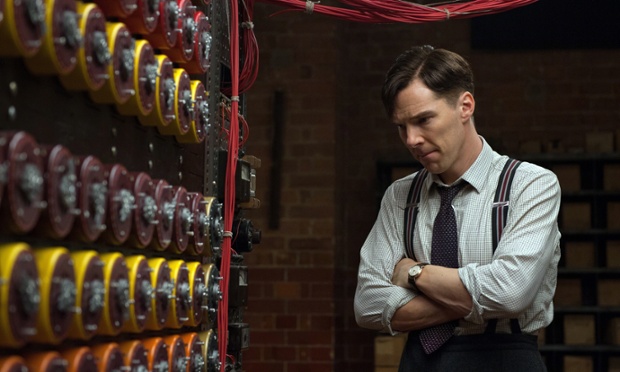The first volume of Milestone Comics’ Icon asks two provocative questions: “What would a black superhero be like?” and “What would happen if Superman landed on earth in the antebellum South and was found by an enslaved black woman?” Unfortunately, as it turns out, these two questions are antithetical; trying to answer them both at once results in storyline that, despite some intelligence, resolves into incoherence, it’s most provocative possibilities drowned in genre default fisticuffs and capitulation to unexamined tropes.
But let’s start with the positive. Dwayne McDuffie, M.D. DBright, and Mike Gustovich’s answer to their first question is smart, funny, and so brilliantly obvious it makes you slap your forehead. What would a black superhero be like? they ask. And the answer is that a black superhero would be…a conservative Republican. Why on earth would a black man like Augustus Freeman, with Superman level powers, spend his time arresting low level criminals and attempting to aid the cops? Because he has politics like those of “Rush Limbaugh” (who gets a call-out) or Clarence Thomas. He’s a reactionary — and it’s that which puts him in line with the reactionary politics of the superhero genre. The iconic (if you will) moment of the series comes when he tells his young-but-hip sidekick Rocket that they need to aid the police. She tells him he’s nuts, and he replies pompously, “Don’t assume everything’s racial” — and then of course he asks the cops if he can help them, and they start shooting at him. “Don’t assume everything’s racial, huh?” Rocket says in exasperation. “I’ll try.”
McDuffie and his artists do that rare thing in black superhero comics — they acknowledge the tension between the law and order imperative of the superhero and the fact that law and order, in real life in the U.S., is inevitably directed against black people. Icon (both comic and superhero) work consciously to bridge or finesse that gap. The hero subscribes to a black conservative self-help philosophy that goes back to Booker T. Washington (who is mentioned by name): he tells black criminals they discredit the race (“Your behavior reflects poorly on our people and on yourselves”) and his goal as a superhero is to be an inspiration by showing black people that they can be heroes, and succeed, according to white cultural norms which he accepts — but which other characters, like Rocket, do not necessarily. (As she says upon learning Icon’s origin, “I think I just figured out how a black man could be a conservative Republican…You’re from Outer Space!”)
Rocket both inspires Icon to take responsibility for the black struggle, and (to some degree) argues with him about how to do that. Her own acquiescence in his brand of superheroing isn’t really thought through as well as it might be, but incidents like those with the cops, and a later pointless slugfest with some supergang members, nicely illustrate the problems of black conservatism and the contradictions of black superheroism. But while the comic sees Icon’s ideology as flawed, it also sees him as admirable and as having qualities — inspiration, hope, and (given his wealth and power) resources — to contribute to the black struggle. Black superheroes, Icon suggests, are silly and don’t always make sense, but, like black conservatives, they can still be valuable and meaningful. By acknowledging the contradictions inherent to black superheroes, Icon makes perhaps the best mainstream case possible for their value.
__________
But then there’s the answer to the second question. What would happen if Superman were a slave in the antebellum South?
Icon is an alien; he lands in a damaged ship on earth, and takes on the genetic imprint of the first human he encounters — a woman who is a slave. Icon then lives through the last century and a half plus of black history; he helps slaves escape through the Underground Railroad, fought with the Union in the Civil War, got a law degree from Fisk, met his wife during the Harlem Renaissance, and fought for the U.S. in World War I. “Icon” is not just his superhero name, it’s a description of his character — he embodies the black experience.
Symbolically, you can see the appeal. Logistically, though, it’s nonsense. Icon is, again, at Superman level powers. If there were a slave in the antebellum South with Superman level powers, would he be mucking around with the Underground Railroad and joining the Union army? Surely not; a superpowered slave would be able to have a much more direct impact.
Successful slave revolts were impossible in the South because of the massive disproportion of weaponry, personnel and power. The arrival of Icon would have changed all that irrevocably. You can think through various scenarios, but presuming Icon was not a pacifist (and he fought in the war, remember), surely he would have made some attempt to liberate the slaves. And given what we know of his powers and of technology in 1850s America, that attempt was likely to have been at the very least partially successful. There would have been successful revolts; you can easily imagine a free state carved out of large chunks of the American South, with Icon as a protector and guarantor. A black superhero in slavery times isn’t just a cool origin idea; it’s an idea for an alternate history. If Icon is Icon, then black history, and world history, could not be the same.
The comic can’t imagine that, though, precisely because it’s a superhero comic. For the most part, superhero comics say that the present is just like our present, except with powerful beings zipping around. There are revisionist exceptions (like Watchmen) but those are presented as exceptions. Icon wants to be just a standard superhero story. And as just a standard superhero story, it can’t radically alter history, or radically reimagine the present. McDuffie is able to criticize (with love) black conservatism, but in a broader sense he is wholly trapped by a vision more reactionary than even Clarence Thomas could manage. No matter how much power they had or acquired, slaves in Icon still have to wait on white people for their freedom.
Maybe these issues are explored in greater detail later in the series. But in the first collected volume, McDuffie and his cocreators have smart things to say within the limits of the superhero genre, but they have little ability, or interest in pushing at the edges. As a result, Icon can see the contradiction between superheroes and blackness, but can’t really address it beyond making a joke or two. Superheroes can fly to distant moons and free the inhabitants from tyranny, but when confronted with a giant prison camp in the Southern United States, all they can do is a bit of remediation around the edges. In the context of superheroes, the goal of black empowerment can literally mean nothing more than black people flying and hitting bad guys. A more just world is something the comics can’t even dream of.






